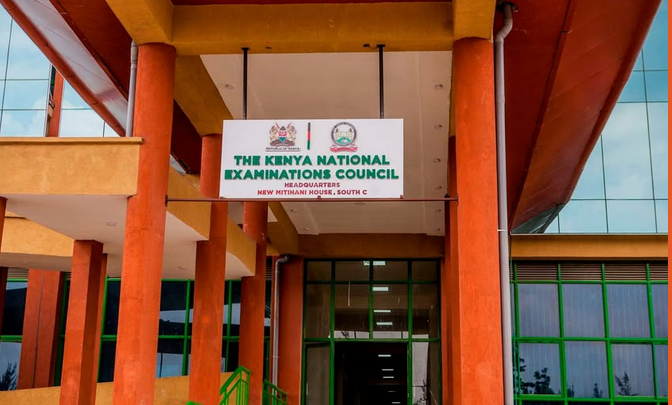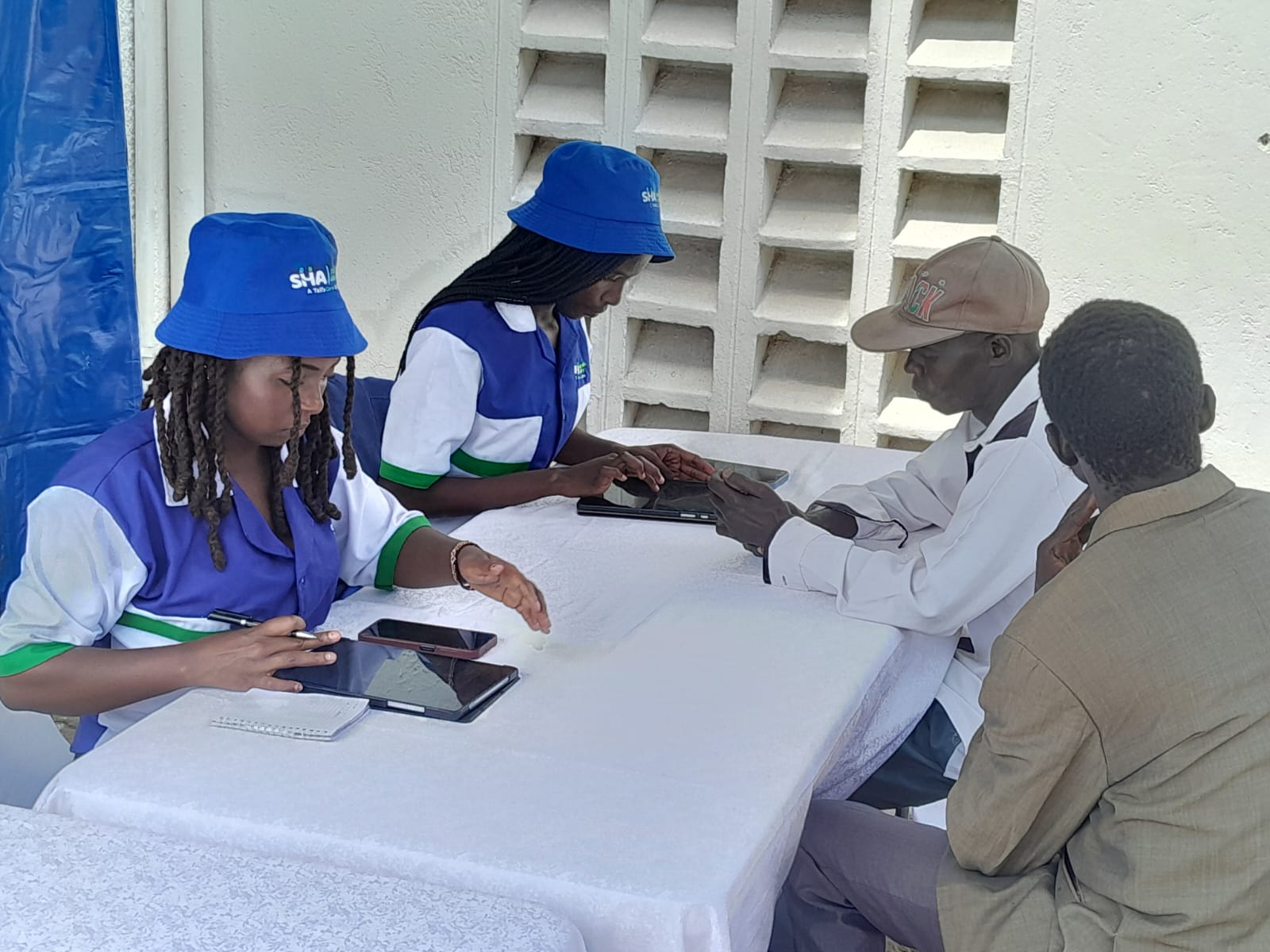KNEC diverts rent savings to revive Mitihani House project whose construction started in 1986

The audit for the year ending June 2024 indicates that the Council used these internally generated funds to complete parts of Towers A and B, which are now occupied by staff.
The Kenya National Examinations Council (KNEC) has resorted to using funds saved from rent payments to continue building its headquarters in South C, Nairobi, after years of delayed budget allocations from the Treasury stalled progress.
Auditor General Nancy Gathungu has revealed that KNEC relocated all its staff from five separate offices across Nairobi into the incomplete Mitihani House and began channelling the rent savings towards ongoing construction.
More To Read
- Government disburses Sh23.16 billion to university, TVET students
- Results for private candidates who sat May/June 2025 exams are ready- KNEC
- Union seeks court orders to halt privatisation of Kenya Pipeline Company
- Senators oppose Treasury’s centralised county revenue management plan
- KNEC gives Kenyans until 2027 to resit KCSE exams before end of 8-4-4 system
- Mbadi urges State agencies to prioritise PPPs in project planning
The audit for the year ending June 2024 indicates that the Council used these internally generated funds to complete parts of Towers A and B, which are now occupied by staff.
“At the time of the audit in December 2024, the project was still incomplete, although the Council had undertaken some work through internally raised funds from rent savings to ensure the usability of certain floors in Towers A and B. All staff of the Council are now housed at South C, having previously been spread across five locations in Nairobi,” said Gathungu.
Construction of Mitihani House commenced in 1986 but has dragged on for nearly four decades, making it one of the country’s longest-running government projects. Despite years of planning, the building remains unfinished.
In the 2022–2023 financial year, KNEC spent Sh95.2 million on housing and office space for its staff, including Sh12.19 million paid to the National Housing Corporation for three floors of rented offices.
The relocation formed part of the Council’s strategy to reduce operational costs and redirect those savings towards completing the stalled project.
Even after the move, the Ministry of Education has extended the project’s deadline to June 2027, which would mark 41 years since it began.
The Auditor General noted that continued delays have prevented Kenyans from realising full value for the public funds already spent.
What started as a Sh248.9 million project has now ballooned to a projected cost of Sh4.67 billion, nearly 18 times more, raising concerns over wasteful expenditure and inefficiency. Gathungu cautioned that the longer the delays persist, the higher the eventual cost will become.
Top Stories Today












































